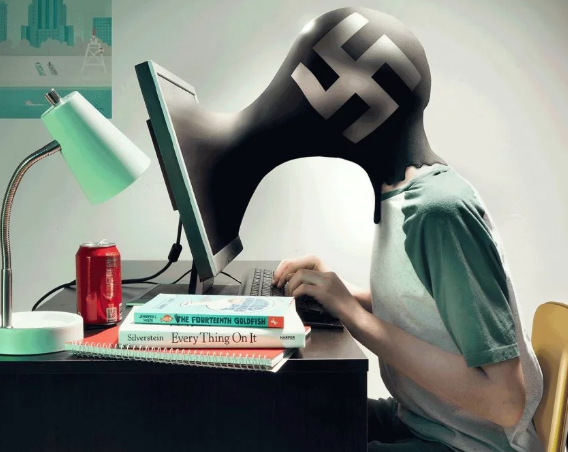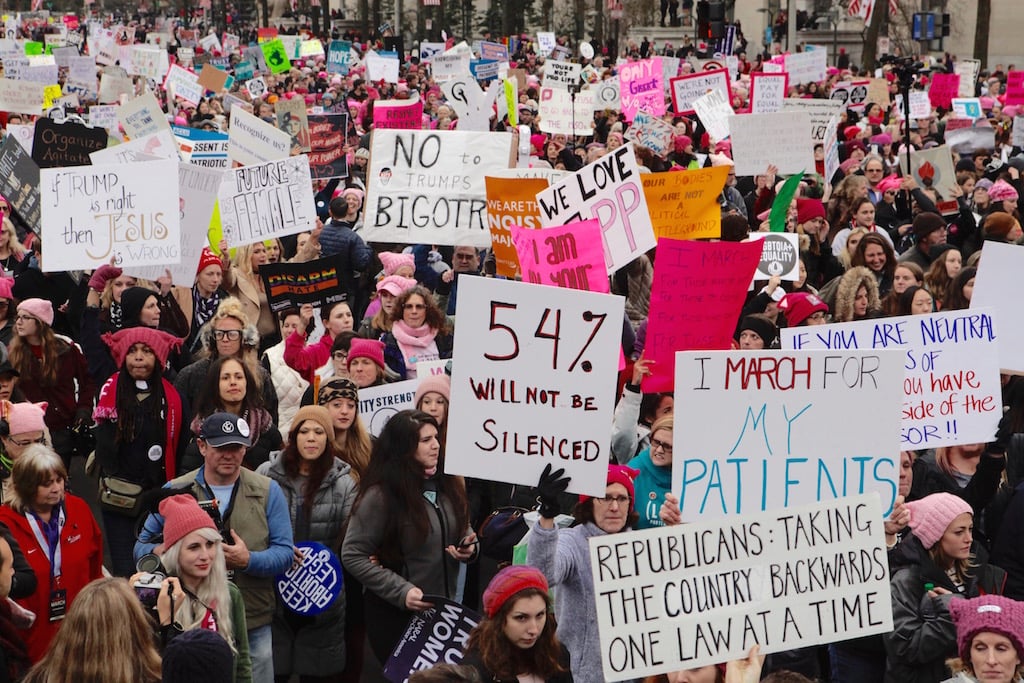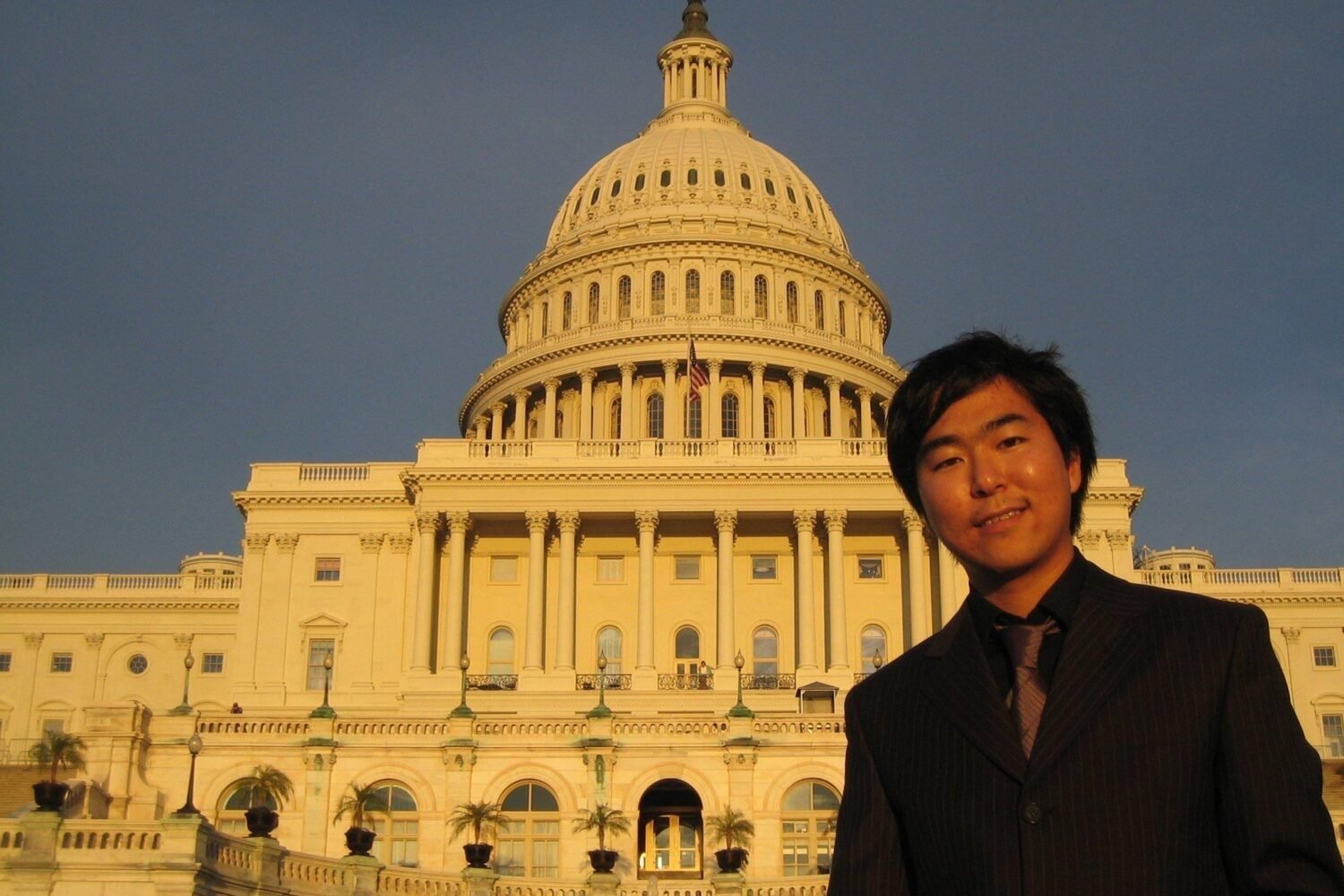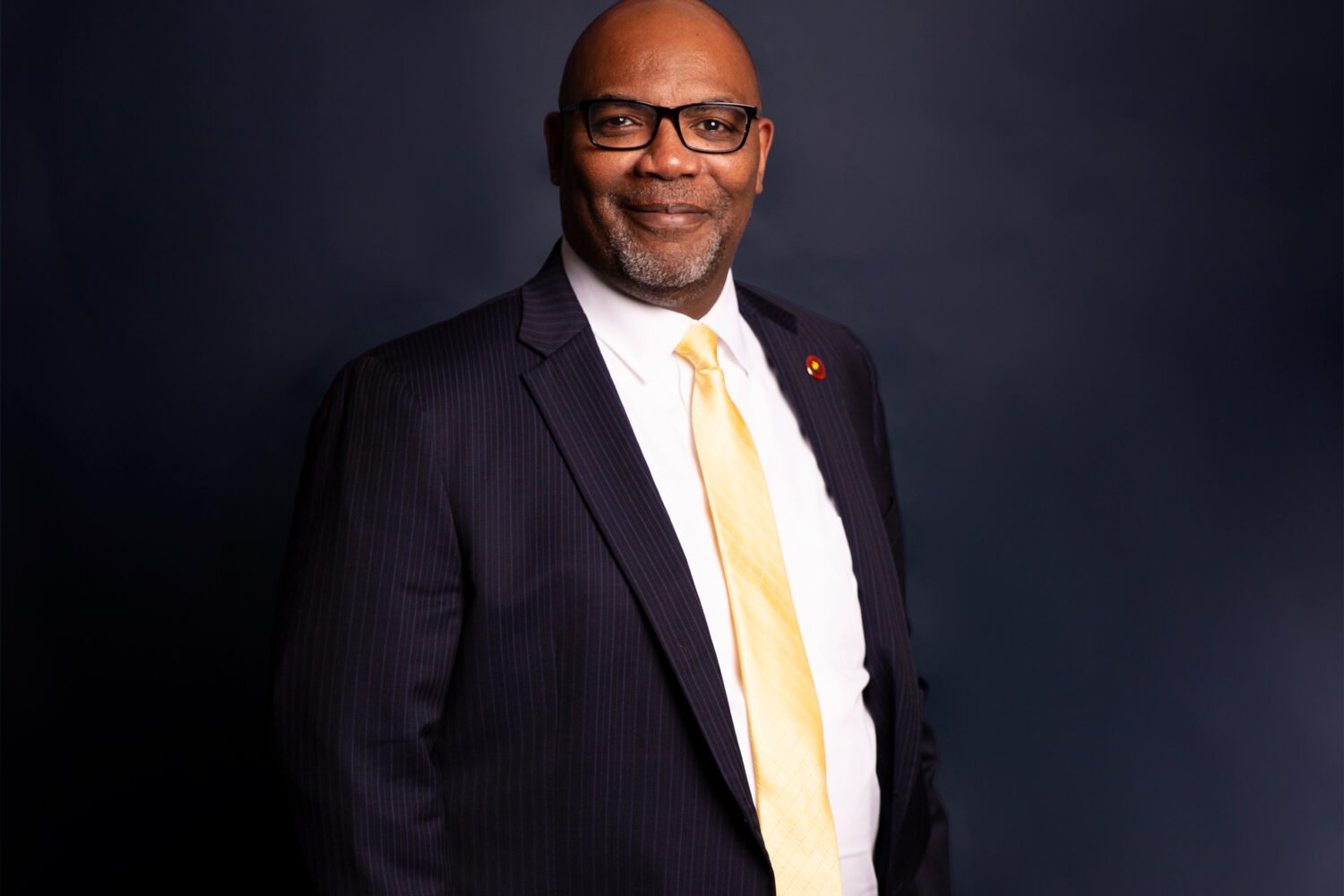Last week, Washingtonian published an anonymous essay by a local mother who recounted her struggle with her 13-year-old son’s induction into the online world of the alt-right. The account spurred a lot of discussion on Twitter, Reddit, and our own Facebook page; some readers even suggested that the story was a fabrication and that the mother plainly does not exist. (It is not, and she does.) So we decided to follow up with the author—still anonymous—to ask about the debut of the article, her son’s participation, and what she learned from the experience. [Warning: Spoilers ahead!]
What has the past week been like for you?
The situation I write about here had resolved almost completely by last summer, so for many months now our home life has been calm compared to what came before. Getting this firehose of attention and feedback brought that period back to my son and me vividly. For the first few days after the story was being cross-posted and tweeted about and discussed so publicly, he and I both were re-living some of the instability and sadness of that time. I never expected that to happen. Neither of us expected this level of interest. We’ve been very surprised by the depth and breadth of response from such a wide variety of audiences.
Does your son know about the piece? What has his reaction been like?
I would never have written this if my son hadn’t been 100 percent on board. We talked a lot before I decided to do it, and I told him I wouldn’t proceed without his permission. He read several drafts, corrected things I’d gotten wrong, and helped me understand more about the world he’d inhabited. He was a full partner. He’s also writing a long essay about this same period—working through the experience and trying to understand what it all means for him. He deserves to tell his own story on his own terms.
What kinds of feedback have you received on the piece?
I’ve been following many of the comments and especially the longer, involved discussion threads on some sites. I’m glad the bit that’s getting the most attention is my son’s take on what attracted him to alt-right individuals online: “I liked them because they were adults and they thought I was an adult. I was one of them,” he said. “I was participating in a conversation. They took me seriously. No one ever took me seriously—not you, not my teachers, no one….They treated me like a rational human being, and they never laughed at me.”
I remember that moment. I was in the kitchen making dinner and he was on the couch in the family room. There’s a little wall that separates the two rooms so I couldn’t see him as we were talking, but I was stunned by his directness and for a second I froze. But I didn’t want to forget what he said, so I grabbed a scrap of paper and wrote it down verbatim. I think it’s so important for parents to remember that kids need to be taken seriously—and if they’re not, be ready for the consequences. So when people mention this part of the story, I feel gratified that my son is being heard and that his message is being amplified.
Some of the most thoughtful discussions following publication have been among hackers and techies; they recognize the world I’m writing about and they are astute cultural critics. A board called ycombinator, for example, explores the story’s themes in great detail and with tremendous sensitivity. Some of these commenters are men who had once had catastrophic run-ins with school administrators, or in general felt alienated as adolescents, or are troubled by how the Internet has evolved. Their observations and insights have taught me a lot, and moved me. I wish I could tell them how much they’ve educated me in the past few days.
Of course, there are hateful comments, too, and plenty of head-shaking judgement about my parenting. But the only responses that bother me are those that accuse me of fabricating the whole thing. Unfortunately for our family, it’s all true. Yes, it’s a crazy series of events. I fully agree. It’s hard to believe, but life is messy and confusing, and this is what happened. The only element I changed was my son’s name.
Who have you told about your identity?
Close friends know I wrote this, as does my immediate family. My motivation for being anonymous is to protect my son from online commenters and doxing, and that’s even more important to me now than when I wrote this. So I’ve erred on the side of not revealing it to people I’d normally be more open with.
Given your fear that your son would be vulnerable to alt-right trolls and doxing, why did you write this?
When my son was lost in the wilderness of the alt-right, my husband and I were just as lost. We had no way to rescue him because we didn’t know the territory. Gradually, I found articles online that oriented me, especially the one that explained how the alt-right preys on depressed people. I must have read that article 10 times, trying to unearth every nugget of information. So I wanted to put something out in the world for other parents to find if they’re in a similar situation. I’m not an expert on the alt-right and I don’t want to be. But we came out of this terrible experience a much stronger family unit. My son and I are closer than ever. Even though our circumstances are unique, I hope that our story can illustrate one path forward.



















